Dynamometer for Engine Testing: An Introduction
A dynamometer for engine testing is an essential tool in the automotive and engineering sectors, designed to measure the power output and performance characteristics of an engine. These specialized devices allow engineers and technicians to evaluate engine performance under various conditions, ensuring optimal efficiency, reliability, and adherence to industry standards.
Types of Dynamometers for Engine Testing
Dynamometers can vary widely based on their specific applications and designs. The primary types include:
- Engine Dynamometer: Specifically designed for measuring engine power output, often including facilities to control engine parameters such as load and RPM.
- Chassis Dynamometer: Used to test whole vehicle dynamics, measuring power output at the wheels to ascertain how the entire vehicle performs on the road.
- Absorption Dynamometer: This type absorbs and dissipates energy from the engine, providing precise measurements of torque and horsepower.
- In-Line Dynamometer: Integrated directly into the engine’s drivetrain, allowing real-time performance assessments during operation.
Applications of Dynamometers for Engine Testing
Dynamometers are indispensable in various applications, ensuring that engine performance meets the necessary standards. Key applications include:
- Performance Tuning: Ideal for tuning and calibrating engines to optimize performance metrics such as horsepower, torque, and fuel efficiency.
- Research and Development: Utilized by manufacturers to analyze engine designs and refine technologies for enhanced performance and reduced emissions.
- Quality Control: Implements standardized testing to ensure that engines meet required specifications before leaving the production line.
- Re-engineering and Retrofitting: Supports the adaptation of existing engines by providing insightful performance data that can guide retrofitting efforts.
Features and Advantages of Dynamometers for Engine Testing
Employing a dynamometer for engine testing offers numerous features and advantages:
- Accurate Measurements: Dynamometers provide precise data on torque, horsepower, and RPM, critical for effective engine tuning.
- User-Friendly Interfaces: Many modern dynamometers come equipped with intuitive software solutions for easy data analysis and visualization.
- Versatile Testing Capabilities: Allow for various tests under different conditions, accommodating both performance and environmental considerations.
- Data Logging and Reporting: Advanced models include built-in data logging features for long-term performance analysis and comparison.
- Safety Features: Built-in safety measures help ensure secure operation, protecting both the operator and the equipment during testing.






















































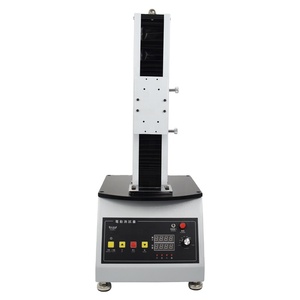
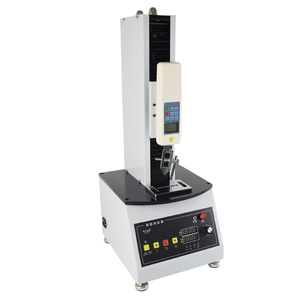
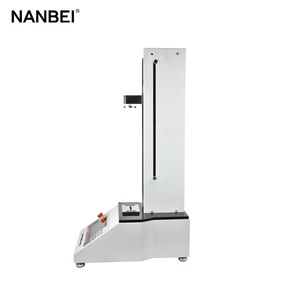
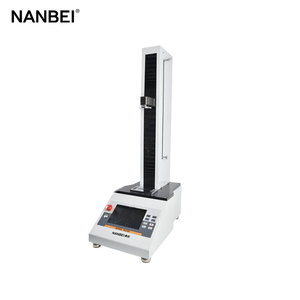

















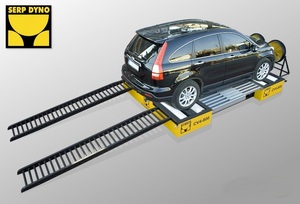

































































































































































 浙公网安备 33010002000092号
浙公网安备 33010002000092号 浙B2-20120091-4
浙B2-20120091-4